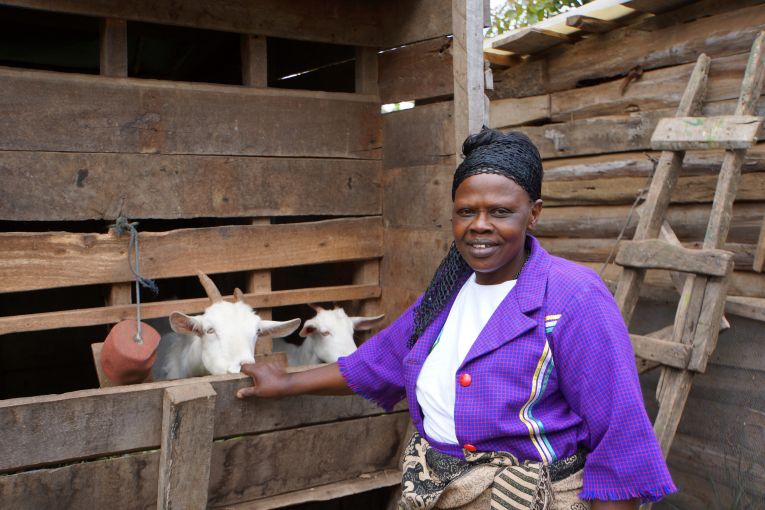40 years celebrating this important economic sector
Tourism is one of the world’s most important economic sectors. It employs one in every ten people on Earth and provides livelihoods to hundreds of millions more. For some countries, it can represent over 20 per cent of their GDP.
It allows people to experience some of the world’s cultural and natural riches and brings people closer to each other, highlighting our common humanity.
Tourism is an essential pillar of the 2030 Agenda for Sustainable Development and the commitment to our Sustainable Development Goals, especially goals 8, 12, and 14. It serves as a first entry point to the world of work, especially for women, youth, migrant workers, and rural populations in developing and least developed countries (LDCs). Women represent a majority of the tourism sector workforce, while half of that workforce is under 25 years of age. Moreover, in many parts of the world, the protection of biodiversity and conservation rely heavily on the tourism sector and the revenue it generates.
The constant growth of the tourism sector during the last six decades reflects more progressive access to tourism thanks to the decline in the cost of transport and the world-wide growth of the middle classes. The recognition of the right to holidays in the Universal Declaration of Human Rights and the improved adoption of labour rights in many countries have also supported its development. These factors also serve as a backdrop for the resilience shown by tourism in recent years. The sector has experienced almost uninterrupted growth despite challenges such as the global economic crisis and natural disasters.
The many important contributions of tourism encouraged the UN World Tourism Organization (UNWTO) to institute World Tourism Day in a meeting that took place in Spain, commencing the first celebration of the observance in the year 1980. This date was chosen to coincide with an important milestone in world tourism: the 10th anniversary of the adoption of the UNWTO Statutes on 27 September 1970.
Afterwards, during its 70th session in 2015, the United Nations General Assembly designated 2017 as the International Year of Sustainable Tourism for Development (resolution A/RES/70/193), in which it encouraged support for sustainable tourism as a means of promoting and accelerating sustainable development, especially poverty eradication.

Secretary General’s Message for 2020
In the 40 years since the very first World Tourism Day, much has changed. Demand for travel has soared. The world has opened up, allowing more people than ever to explore the globe and its different cultures.
Today, tourism is firmly established in the United Nations 2030 Agenda for Sustainable Development as an engine for advancing prosperity, protecting our planet and laying the foundations for peace and understanding among peoples.
Many millions of people around the world rely on tourism for income, especially women and young people. People who might otherwise have been left behind have found decent work and the chance of a better life thanks to tourism’s unique potential.
Tourism has suffered enormously during the COVID-19 pandemic. Some 120 million jobs are at risk. The impacts could lead to the loss of between 1.5 and 2.8 per cent of the global GDP. This will particularly affect the most vulnerable countries, including Small Island Developing States, the Least Developed Countries and many African nations, where tourism can represent between 30 and 80 per cent of exports.
As we look to recover from this profound crisis, the safe restart of tourism is essential, not least for rural development – the focus of this year’s World Tourism Day. We have an unprecedented opportunity to transform the relationship of the tourism sector with people, nature, the climate and the economy. We must ensure a fair distribution of its benefits and advance the transition to a carbon-neutral and resilient tourism economy,
As well as providing opportunities for people, tourism can play an important role in preserving our unique and shared cultures and protecting the biodiversity and the ecosystems that sustain us.
In this most challenging year, let us focus on tourism’s importance for people living in rural areas, so we can deliver on the promise of the Sustainable Development Goals to leave nobody behind.

